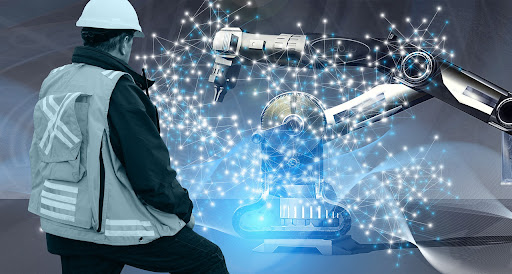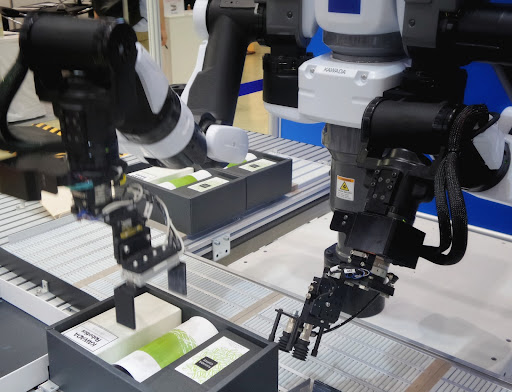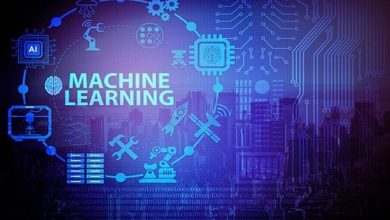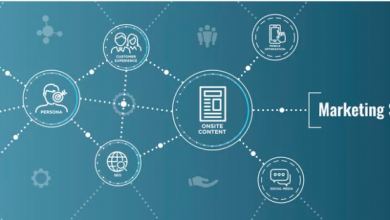How is AI Transforming Product Development Operations?

[Source: Pixabay]
Artificial intelligence (AI) is not just a buzzword (or buzz term, to be more exact). The hype surrounding it is very much justified – it is proving to be a gamechanger for a lot of industries. From healthcare, retail, marketing, finance, and of course IT (informational technologies) – AI is bringing benefits of intelligent process automation, lowered operational costs, and much more. Which all potentially leads to environmental sustainability, as well!
So it’s no wonder you’re here trying to find out how to leverage AI for your business or organization. AI can play a significant role in managing, developing, and launching new products. And not just AI – ML (Machine Learning) and DL (Deep Learning) have also revolutionized product design and development.
Here’s a closer and concise look at how AI will transform product design and development.
The Growth of AI-Based Innovations
It’s no news that AI is a hot topic. But did you know the exact numbers? According to MarketWatch, the worldwide AI industry is predicted to grow at a compound annual growth rate (CAGR) of 21.48% between 2022 and 2028.
More industries are turning towards AI because it’s rapidly becoming more and more sophisticated, being able to predict the needs of customers and subsequently suggest the best possible actionable step for the organization and best solution for a customer.
As AI ushers in a new era for product development, we can expect big things in the future. The industry will improve in areas of productivity, quality, and speed as AI redefines how products are developed.

Photo by Possessed Photography on Unsplash
Key Ways AI is Changing the Product Development Process
In a variety of ways, AI has altered the product development process. It enables software developers to take a more effective system at each stage of the product development cycle, from planning to design to development, testing to deployment, and marketing.
Let’s take a look at how artificial intelligence is changing these stages of product development, as well as the technical skills and knowledge that product developers will need to implement AI techniques.
Better Project Planning
What are the challenges business and product owners, project managers, and IT experts face in the product design and development industry? There’s one clear answer: project planning.
Poor project planning frequently leads to inaccuracies and lack of transparency in project plans, making it difficult to effectively staff and monitor performance. Poor planning, no matter the root cause, sets off a chain reaction that results in wasted time, budget overruns, and finished products that don’t take off well on the market.
This is where AI proves useful. Machine processing can make quicker and more fact-based decisions based on heaps of data – thanks to artificial intelligence! When it comes to making budgets, predicting cost overruns, and putting together schedules, AI’s information-gathering capabilities can help reduce human error and biases. Project tracking and schedule changes could take less time and resources if AI-assisted tools are used. Project management will be able to succeed where AI fails, such as people skills. These tools allow project managers to devote more time to ensure that projects stay on track with organizational objectives.
Optimized Product Development Strategy
For effective product development, particularly for large projects, a proper strategy is required.
Design Thinking and Agile are two popular product development strategies that are being influenced by AI. Software project managers frequently employ the Agile methodology. As you know, the Agile methodology focuses on breaking down projects into multiple product development iterations, allowing for a faster release of working software products to the market.
It also makes it simple for developers to integrate user feedback and suggestions into their products after they’ve been released.
Using similar data, AI can assist you in formulating your pre-design product development strategy by providing faster access to customer feedback insights, among other things. If you’re still unsure about successfully implementing AI in your everyday business operations, there are excellent product design and development consultancy that have already started using AI in their product development strategy services.
AI can also use information about how similar products and features are performing in the industry or what’s trending on social media to help you figure out what works and what doesn’t. It can give useful insight on alternative materials and manufacturing processes that have lower environmental impacts. It doesn’t stop there – an AI-driven manufacturing cost estimator can offer you the immediate chance to spring into sustainable action by providing credentials of matching contract manufacturers. Let’s explore below that last benefit further.
More Precise Cost Estimation
Cost modeling is a mathematical process that models the cost or pricing of a product or service. To produce the most accurate and predictive cost estimate, cost modeling will often take into account many variables.

[Source: Pixabay]
With the introduction of AI, particularly machine learning and deep learning, cost modeling has reached a whole new level. Advanced machine learning algorithms can account for complex, dynamic factors like inflation, resulting in more accurate cost estimates. AI that has input from previous projects can assist you in providing accurate estimations. A sensible prediction necessitates an understanding of context, both of which can be taught to AI.
On the other hand, humans are known for being unable to give proper time and cost estimates. It’s difficult to predict the problems you’ll face along the way and how badly they’ll push back deadlines without AI. Customer retention improves and your business benefits when you accurately inform clients about software or hardware delivery.
Final Word
AI has a great role to play in the future of project management and will bring a more streamlined way of work. Product executives won’t have to waste as much time doing market research and data analysis once artificial intelligence technology is widely used. AI is already now able to deliver the ideal project management (PM) strategy by making sure operations are cost-effective, agile, and resource-efficient, and thus perfect the product development process.




